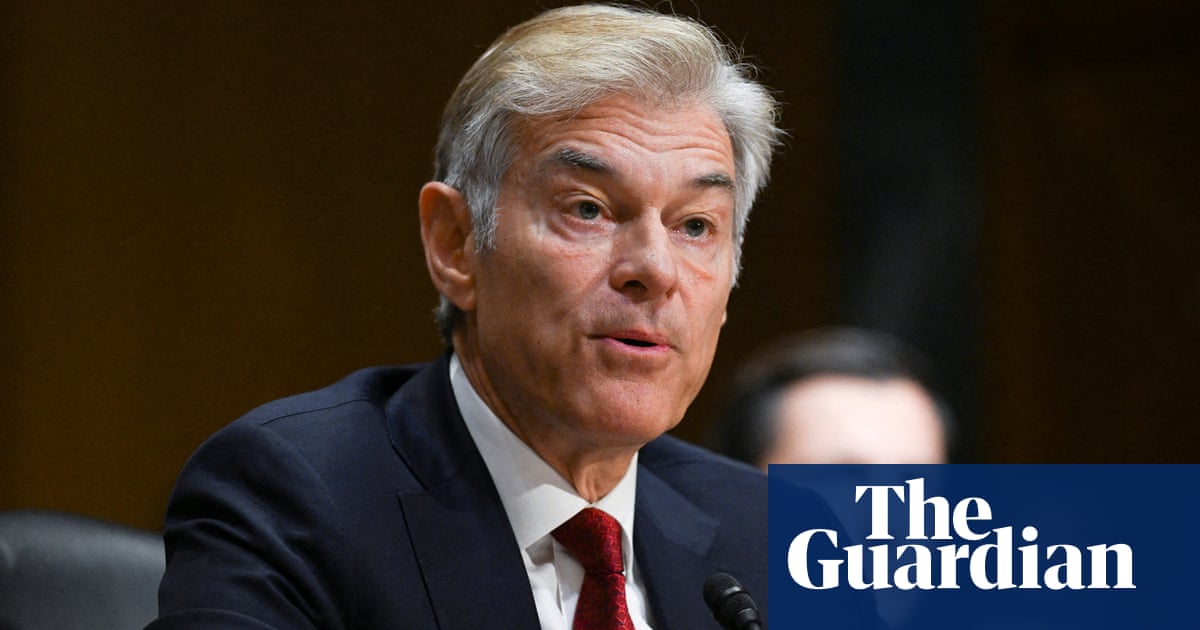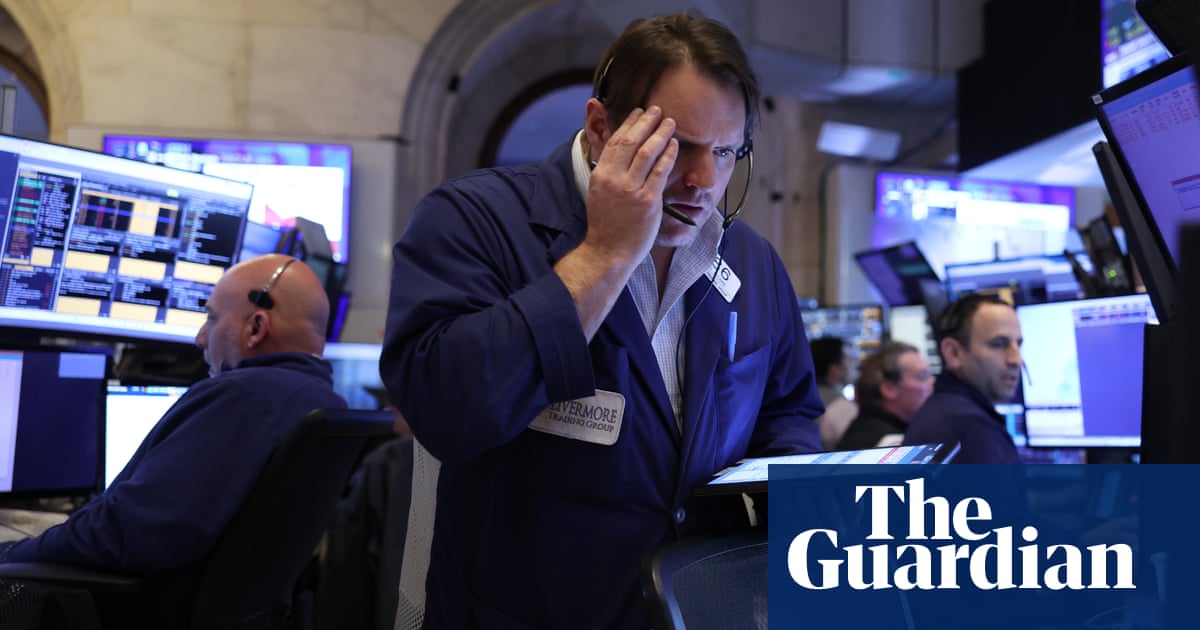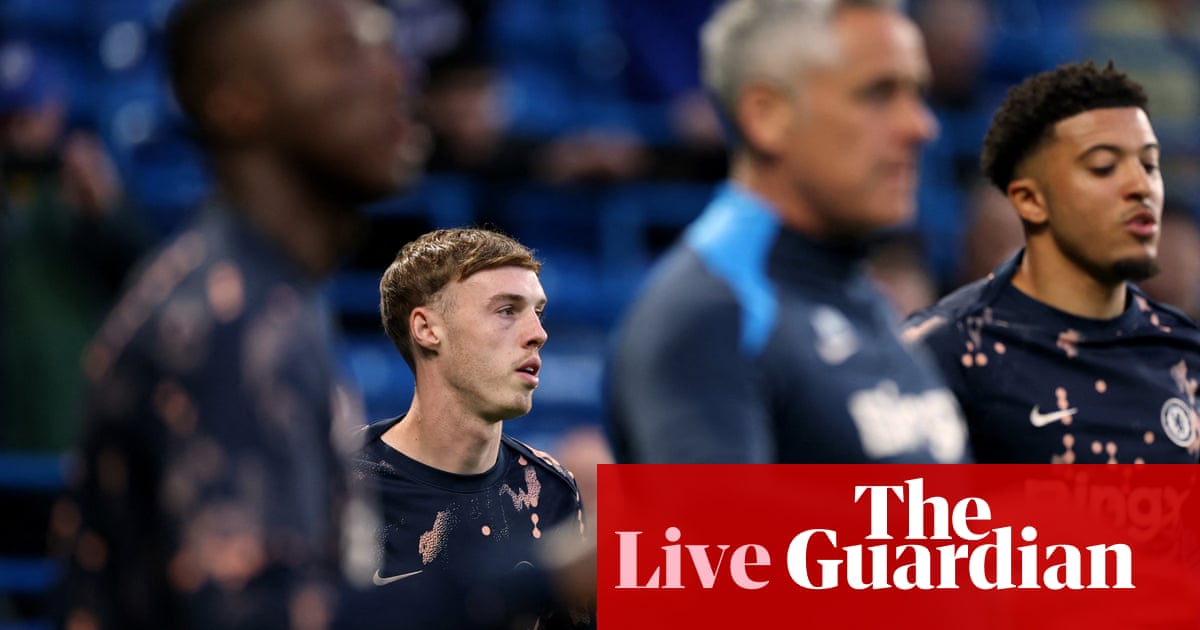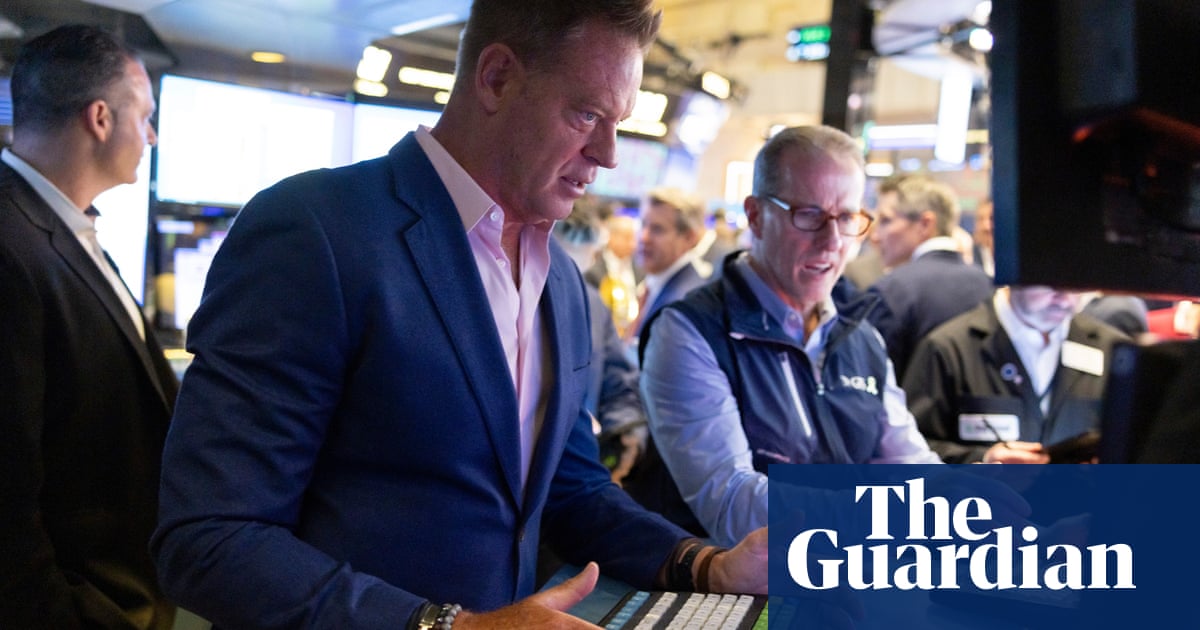Tony Blair’s devotees always had a stock response for their leftwing critics, and it went like this: your desire for political purity will render Labour unelectable, and the poorest will pay the price. A Labour party led by “sensible moderates” may not be your first choice, but it is the only hope for the most vulnerable.
As Labour imposes poverty on at least 250,000 people through cuts to disability benefits, according to estimates by the Joseph Rowntree Foundation, this argument is submerged under a tidal wave of misery. The government has already robbed many pensioners of their winter fuel payments, and not only voted to keep a Tory two-child benefit cap that imposes squalor on hundreds of thousands of children, but suspended those Labour MPs who opposed it. A Labour party that knowingly imposes hardship on disabled people, pensioners and children has filed for moral and political bankruptcy.
Yet there is a vast appetite for something different. Most voters think Britain is returning to austerity or never left it. Seven in 10 do not expect Labour to “improve the lives of people like me”, and more than half think that the government is either not trying to limit hitting “vulnerable groups”, or is actively choosing to target them. The Labour chancellor, Rachel Reeves, has similar ratings as Kwasi Kwarteng secured after administering Liz Truss’s mini-budget.
Polls show overwhelming support for public ownership of services and utilities and that 78% of the public back a wealth tax. Most Britons back rent controls – including Tory voters, with even landlords evenly split – and two-thirds advocate expanding social housing so it’s not just available for “the most vulnerable”.
Some continue supporting Labour in lieu of an alternative: according to YouGov, more Labour voters than not now disapprove of the government, an astonishing statistic given the party’s support has plummeted to less than a quarter of the electorate. Some stop voting. Some may opt for the Greens, but its four MPs have failed to offer any cut-through leadership, despite uniquely fertile circumstances. Others defect to independent candidates, but their success is based on ad hoc local initiatives. And, bleakly, others may opt for Reform UK, which fills the vacuum as the ultimate protest vote, even though the party backs cutting benefits for disabled people, increasing privatisation of the NHS and slashing taxes for the rich.
The obvious question, then, is: why is the left failing to profit from this mass appeal? A media ecosystem rigged in favour of the right hardly helps, but witness how Citibanker-turned-equality guru Gary Stevenson is reaching millions through YouTube, TikTok and Instagram. Despite the likes of Elon Musk gaming algorithms in favour of the Trumpian right, it is easier for the left to reach the wider electorate than ever. The left has just failed badly to harness social media platforms for its own advantage.
The main hurdle is obvious: an absence of leadership. The left has a theory of change that centres collective struggle. It needs a leader that can bridge a divide. Crudely, that means appealing to older, overwhelmingly white voters who live in towns and hold more socially conservative views, and younger, more diverse citizens in urban communities who tend to be more socially progressive. This can be done: at his best, Bernie Sanders appeals to Trump sympathisers in the rust belt and Brooklyn graduates in precarious jobs who march for Palestine. Jeremy Corbyn, too, won 40% of the vote in 2017 by appealing to these different constituencies.
An obvious candidate is Mick Lynch, the retired general secretary of the RMT union, whose effortless slapdowns of obtuse TV presenters showed his promise as the anti-Farage. His appeal is a combination of working-class experience, authenticity, composure and an ability to make political arguments accessible to the average punter. But he shows no signs of desiring a mantle that, admittedly, involves being hounded by a thuggish media. Yet someone with his qualities could be a focal point for otherwise disparate disillusionment. It would mean striking an arrangement with the Greens, who rode the wave of pre-election distaste with Starmerism to come second in dozens of constituencies, despite their abysmal failure to capitalise since.
Any leader would have to shift the debate from the “culture wars” to economic justice. The former is intended to drive the left into defensive territory and, as Ronald Reagan astutely observed, in politics, “if you’re explaining, you’re losing”. But if the left drew attention to inequality and disintegrating public services, and made the case for taxing the rich, the right would be forced to explain itself instead. This does not mean throwing minorities under a publicly owned bus. It simply means that issues that emphasise the shared, common interests of the majority should be at the forefront.
The left desperately needs to resolve this question of leadership. Living standards are set to fall, not least for the poorest. That disillusionment must go somewhere, and combined with growing apathy, Nigel Farage may well triumph by default. His success is a damning indictment of the predictable – and predicted – catastrophe of Starmerism. But a left that runs at full pelt away from an open goal has major questions to answer, too.
-
Owen Jones is a Guardian columnist

.png) 19 hours ago
2
19 hours ago
2













































